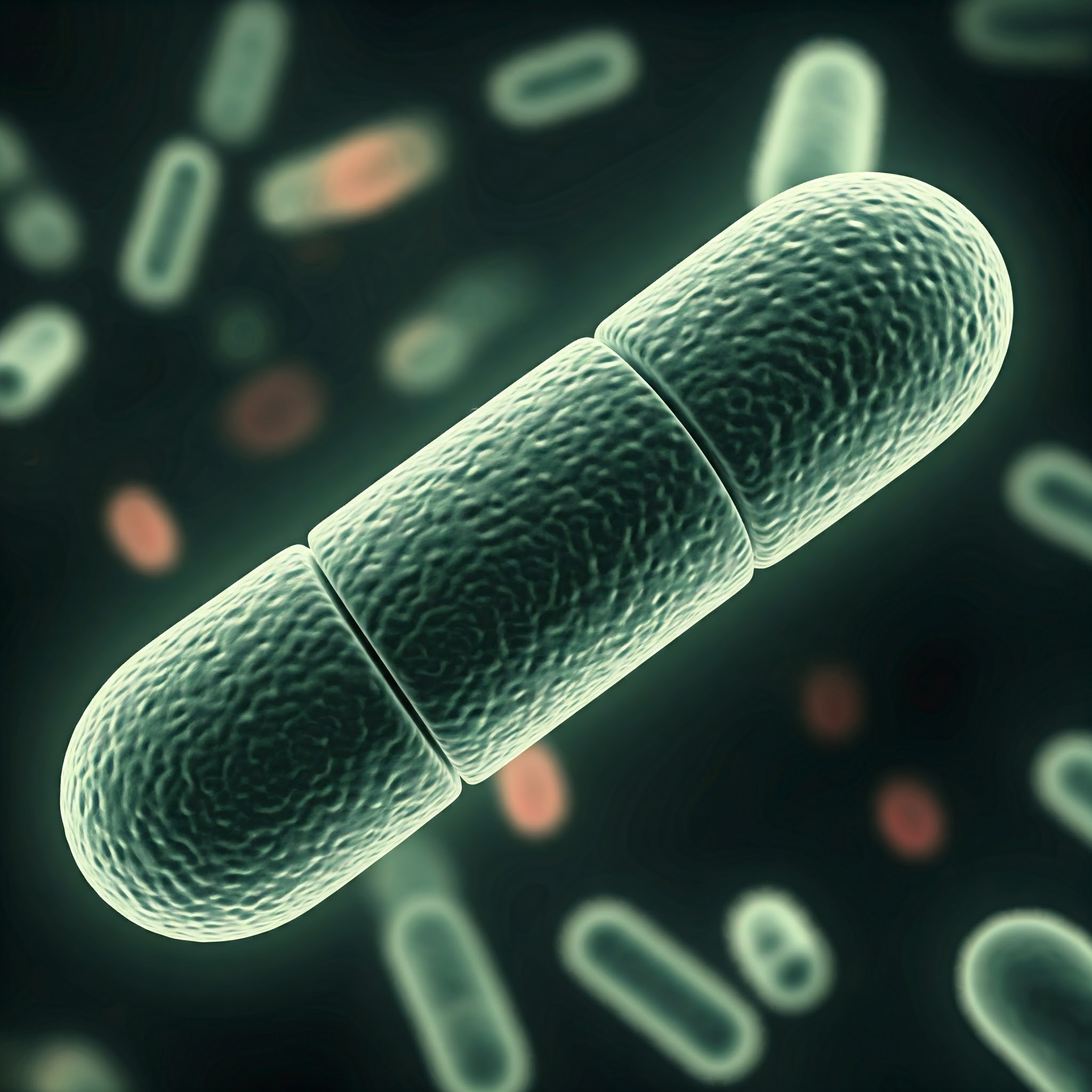The extremely infectious and challenging-to-treat Clostridium difficile illness, sometimes referred to as C. difficile or C. diff, may be treated and maybe prevented thanks to a new vaccination. Researchers at the Perelman School of Medicine at the University of Pennsylvania and Children’s Hospital of Philadelphia discovered that this first mRNA-LNP C. difficile vaccine protected against C. difficile first-time infections and relapsing infections in animal models by eliciting a strong immune response, facilitating the removal of pre-existing C. diff bacteria from the gut, and even overcoming host immunity deficiencies to protect animals after infection. The findings, which were released in the journal Science, will open the door for the vaccine’s clinical testing.
A bacteria called C. difficile can cause infections that range from diarrhoea to fatal colon damage. It spreads swiftly through its difficult-to-kill spores and frequently infects susceptible groups, including as youngsters, the elderly, those on antibiotics, and frequently hospital or nursing home residents. Additionally, 30 to 40 percent of those who have been diagnosed with a C. difficile infection are likely to get it again. A protracted course of antibiotics is the primary therapy for C. difficile, and there are presently no vaccinations against the illness. However, C. difficile frequently exploits the lack of antibiotics, generating toxins in the colon that enable C. difficile to thrive, because drugs also target beneficial bacteria in the gut microbiome.
Their findings were published in the journal Science.
Our approach was to create a multivalent mRNA vaccine that would attack multiple aspects of C. diff’s complex lifestyle simultaneously without affecting the normal microbiota,
Antibiotics are not always an effective means of successfully treating really tough pathogens like C. diff, and we have only begun to scratch the surface of the full potential of mRNA vaccines for a host of infectious diseases.
Mohamad-Gabriel Alameh, PhD
Where most vaccines are spurring one’s immune system to create specific antibodies, mRNA vaccines were a perfect candidate for a C. difficile vaccine because they can be easily packaged up to elicit the immune system to do more than one thing to protect against a bacteria, virus, or fungus,
Drew Weissman, MD, PhD
C. diff can persist in multiple forms in the gut, including in biofilms and as an incredibly hardy spore, making it uniquely difficult to treat,
This work represents how collaboration between vaccine researchers and basic scientists can transform new discoveries into potential therapeutics faster than ever before.
Joseph P. Zackular, PhD
The mRNA-LNP vaccination platform, which provided us with the incredibly successful mRNA COVID-19 vaccines, was employed by the researchers. Although a large number of mRNA vaccines are being researched for viruses, this innovative technology has wider benefits than previous vaccine designs, such as inactivated vaccines. A successful C. difficile vaccine would be a game-changer for the field of C. difficile therapeutics research, which has had difficulty developing effective treatments for this difficult virus. A non-mRNA vaccine that was in clinical testing in 2022 was among the earlier vaccines that failed to fulfil the research requirements to be put on the market.
Also Read| New Vaccine Developed for Lassa Fever; ready for Phase 1 Trials
mRNA-LNP vaccines have given us a new tool to take on complex bacterial infections, like C. diff, that are only becoming more of a problem with the rise of antimicrobial resistance.
Alexa Semon
This study contributes to Philadelphia’s expanding mRNA research community. Penn has created mRNA vaccines that guard against herpes simplex virus 2, norovirus, and Lyme disease. Among other illnesses, Penn is researching the potential of mRNA to treat cancer, fatal food allergies, and sickle cell disease. Building on the achievements of the mRNA-LNP platform, CHOP is creating new ionisable lipids and biomaterials for vaccine and gene therapy applications in perinatal and paediatric medicine, researching mRNA vaccines and therapeutics that can be used to treat isolated methylmalonic acidemia and glycogen storage disease type 1a (GSD1a), and conducting ongoing research into a number of challenging-to-treat cancers and bacterial infections.
Source: Penn Medicine News
Journal Reference: Alameh, Gabriel, et al. “A Multivalent MRNA-LNP Vaccine Protects against Clostridioides difficile Infection.” Science, 2024, DOI: 10.1126/science.adn4955.
Last Modified:




